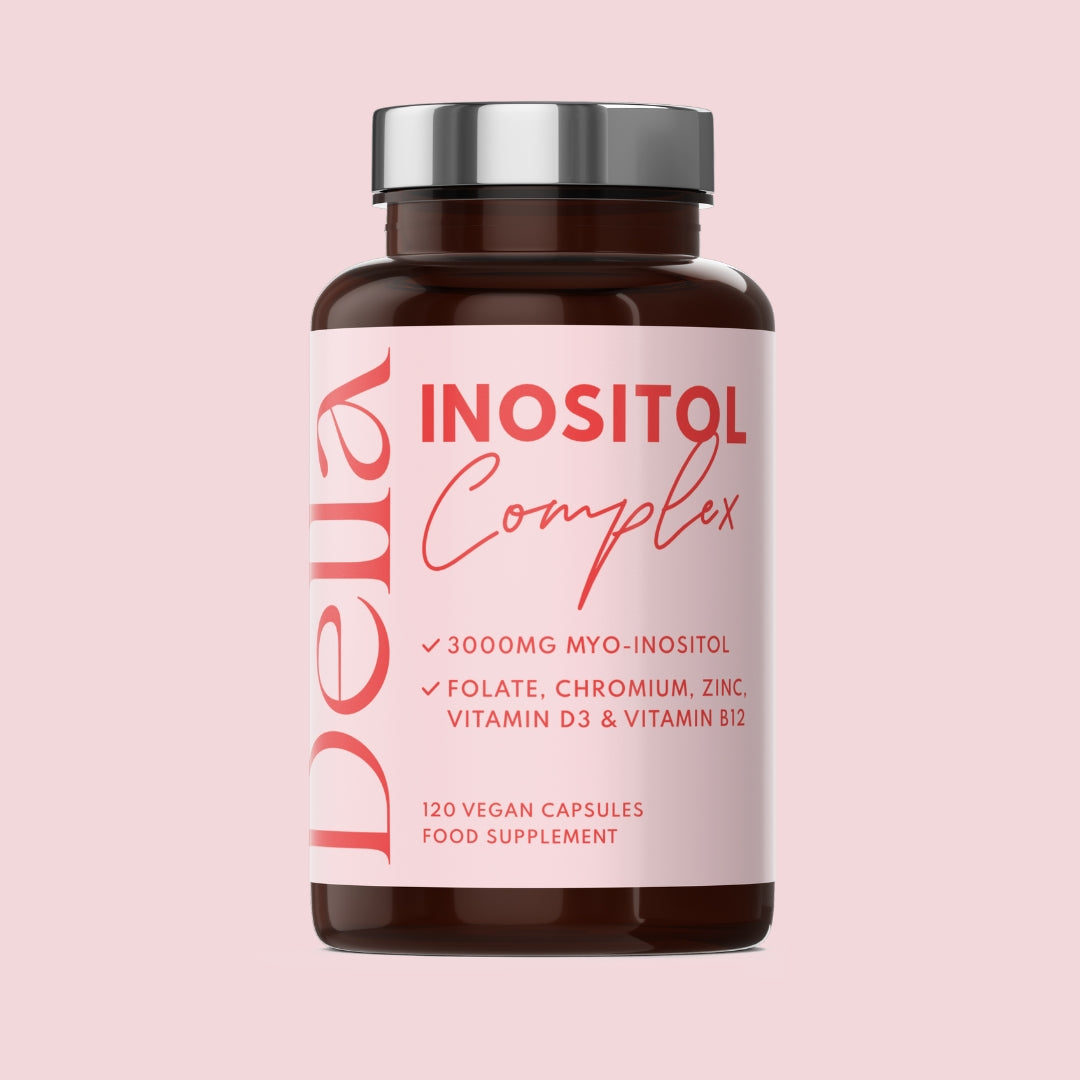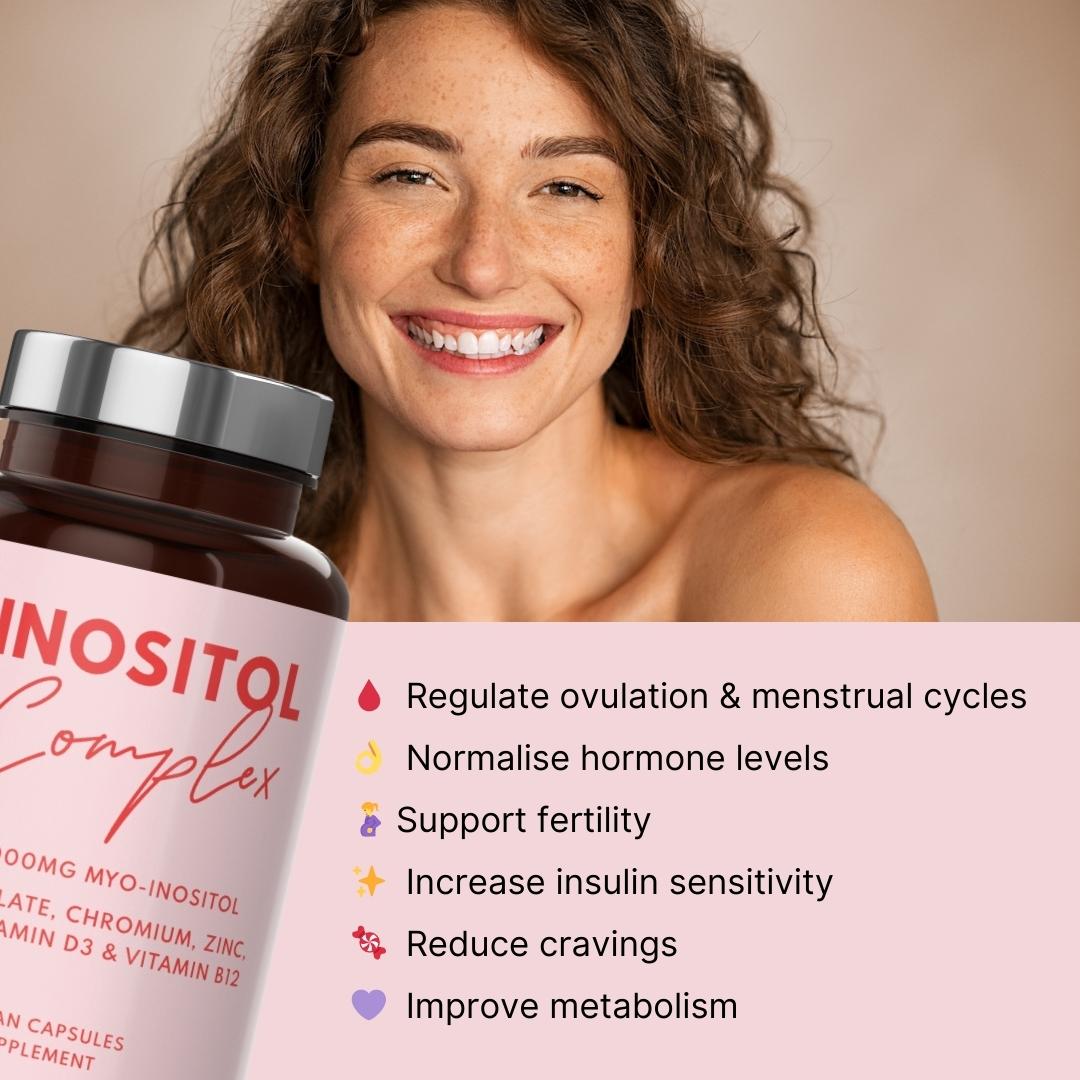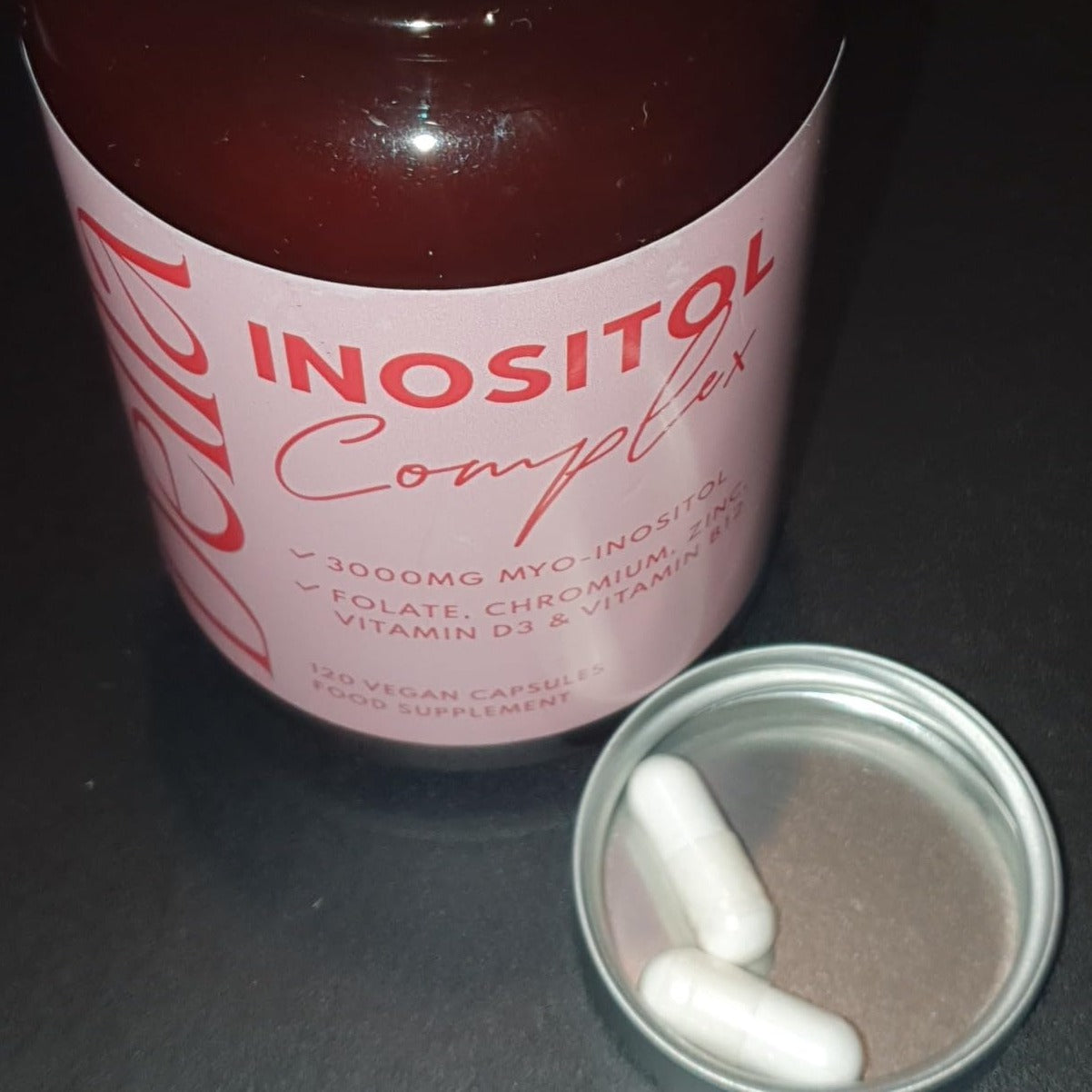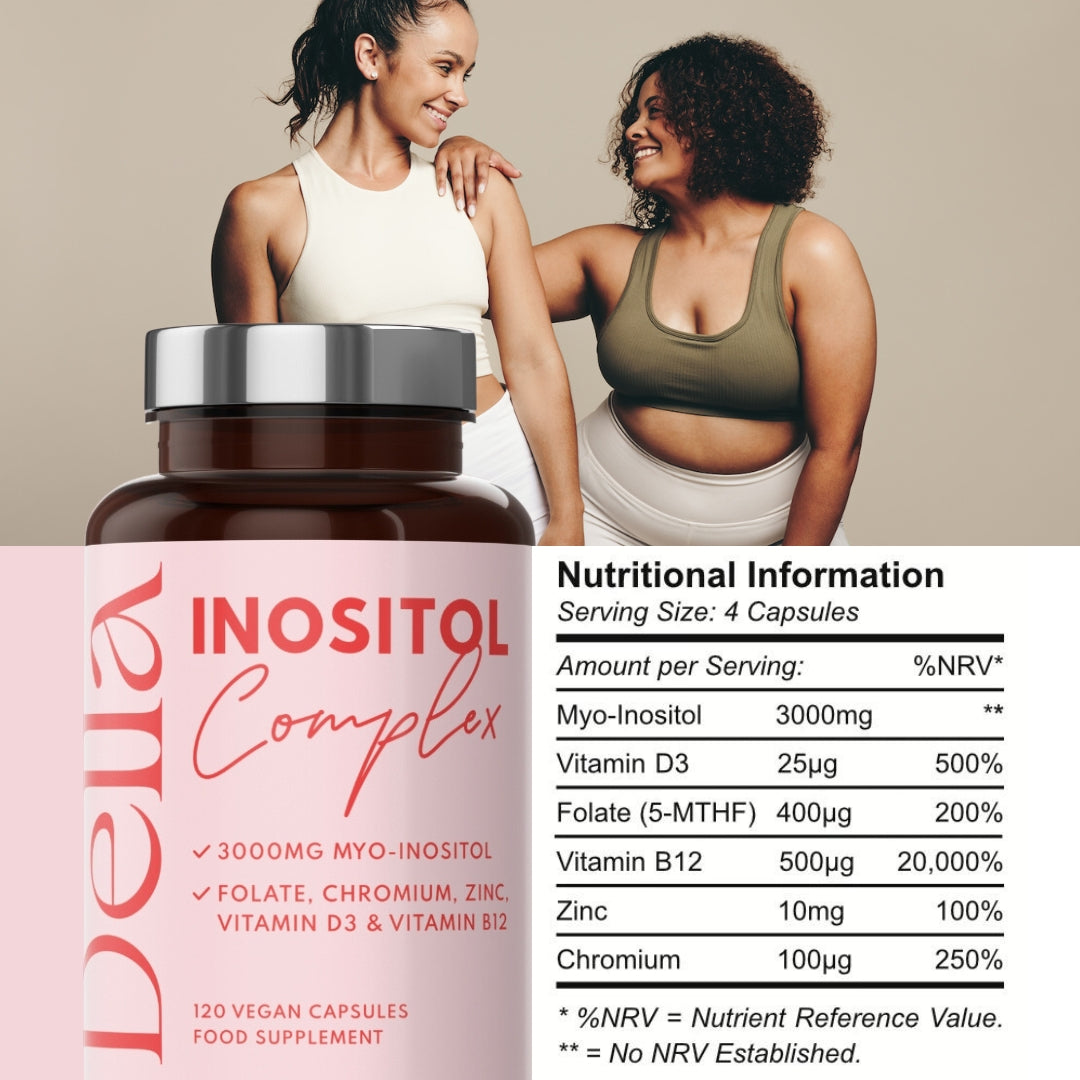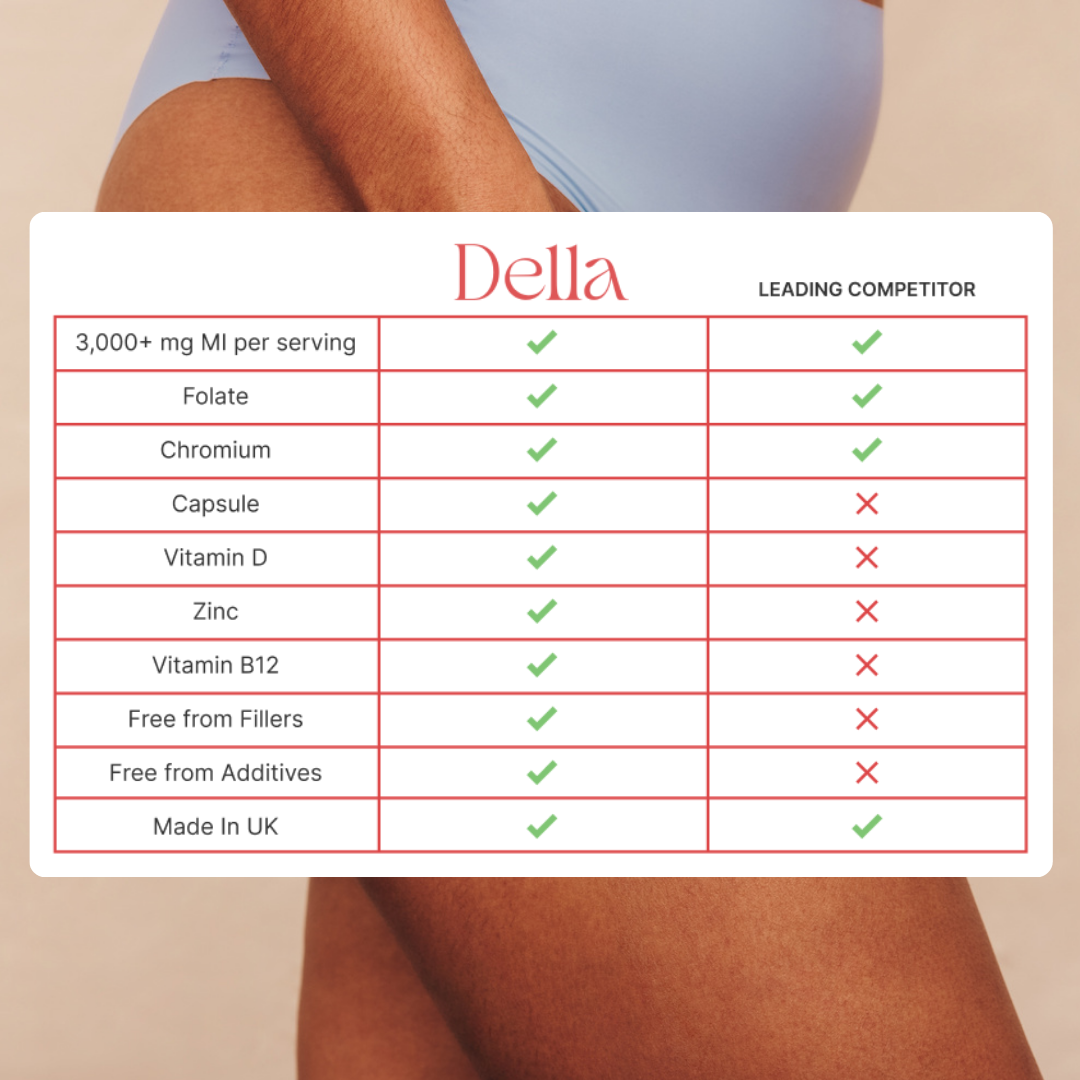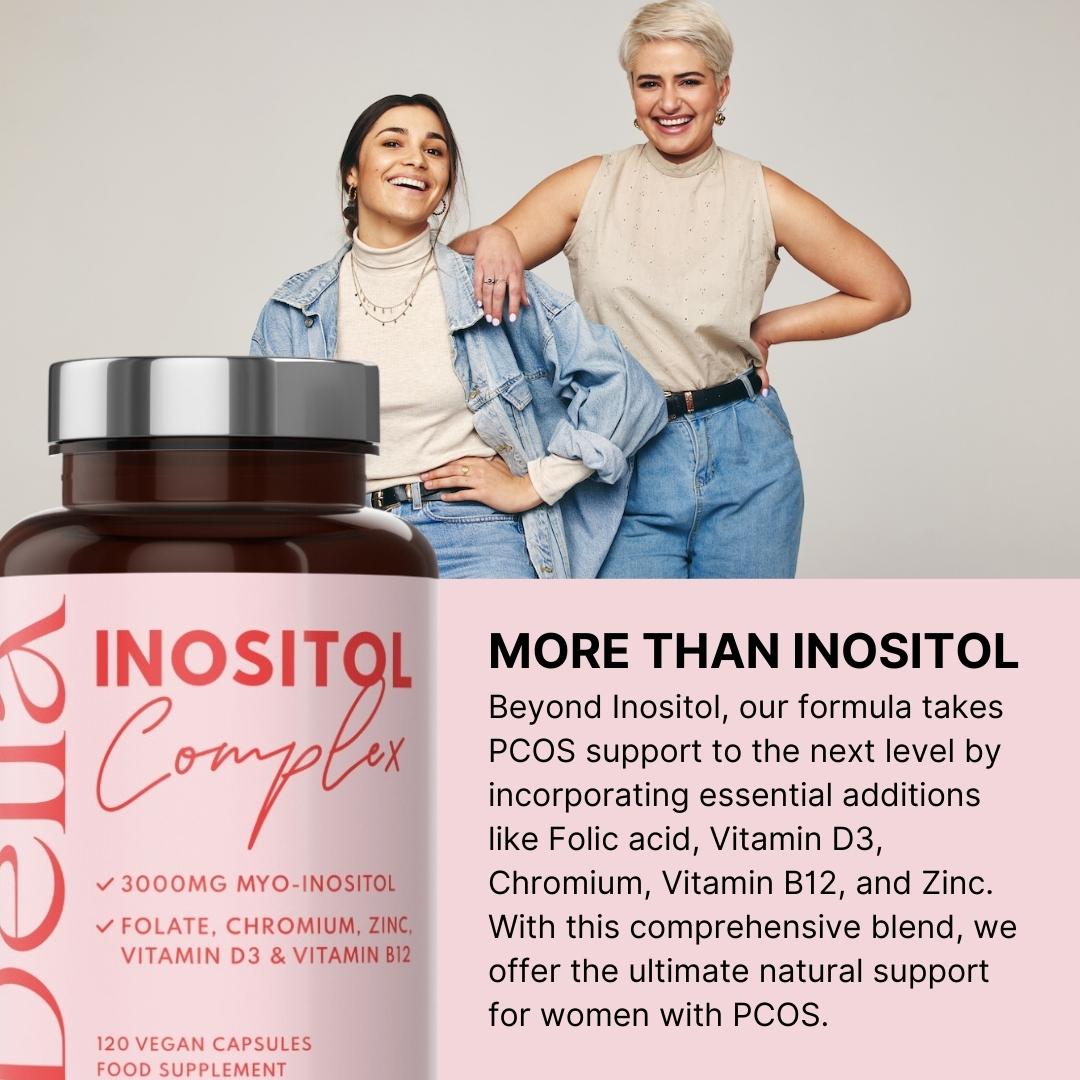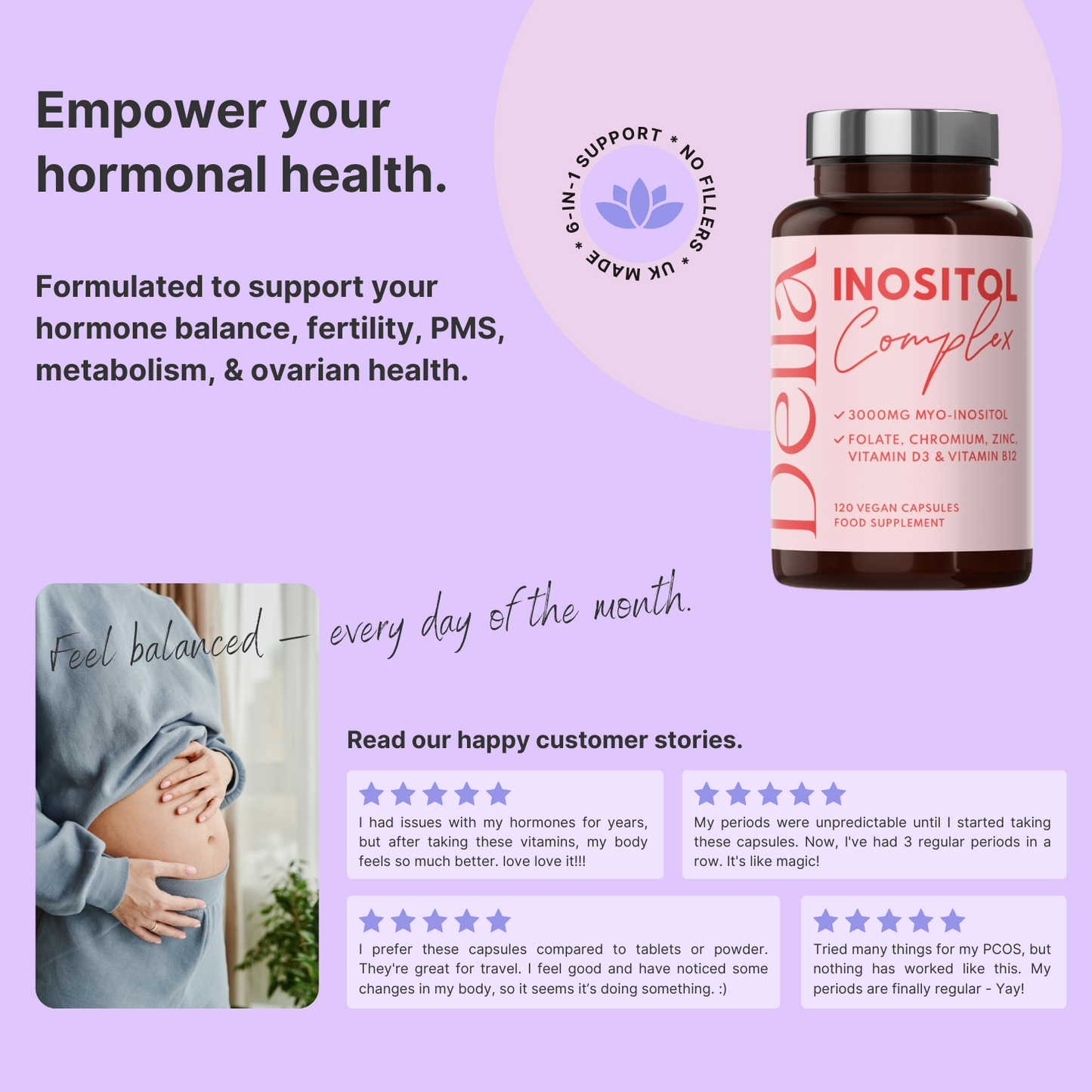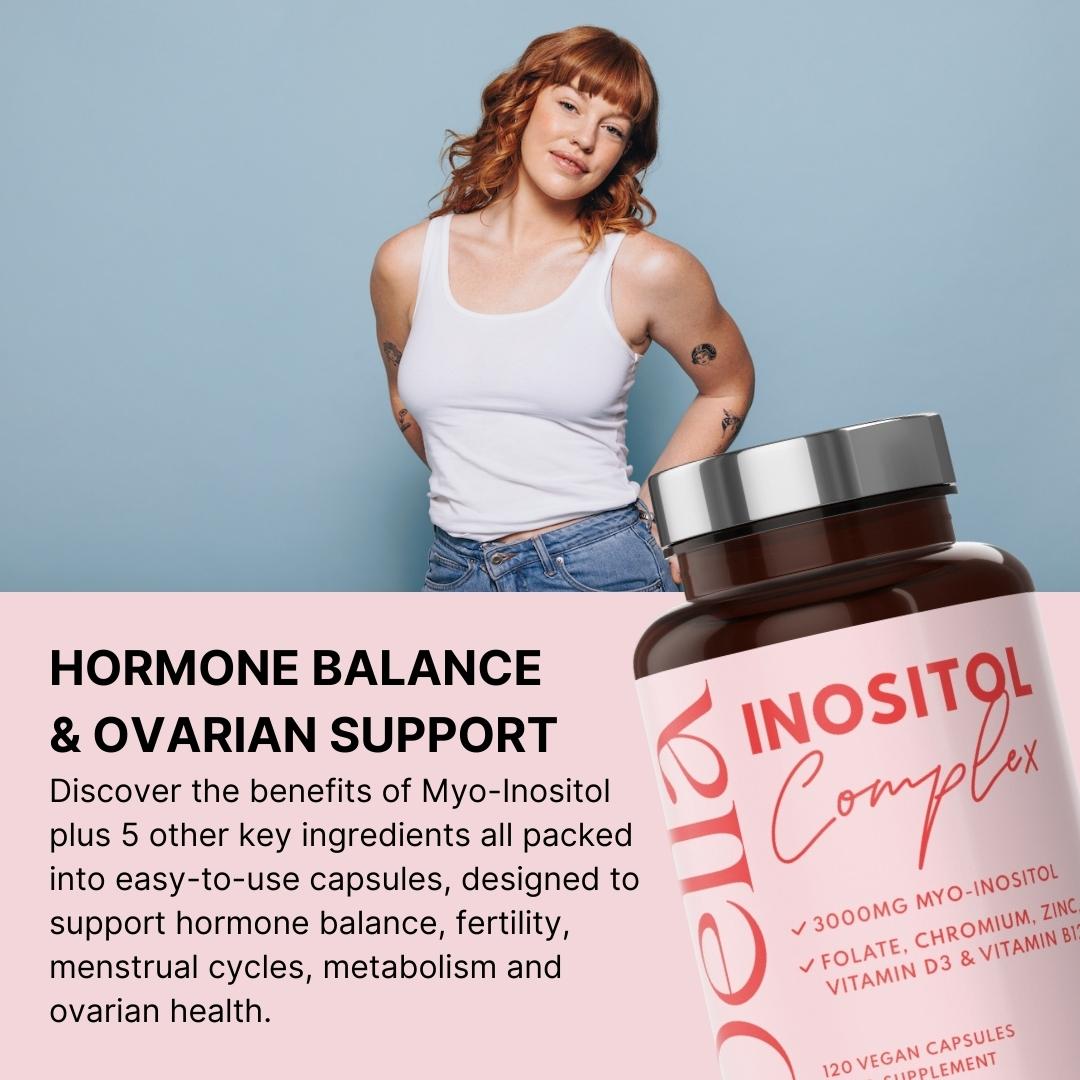Polycystic Ovarian Syndrome (PCOS) can bring about hormonal imbalances that trigger a cascade of hair-related concerns. Elevated levels of dihydrotestosterone (DHT) and other hormones can lead to clogged hair follicles and reduced hair growth, as noted by double board-certified OB-GYN Dr. Kecia Gaither.
While lifestyle changes, supplements and diet are the three areas to focus on the most, finding the right shampoo can still have a significant impact on your hair. Here’s a quick guide for what to look for and what to avoid when it comes to choosing shampoo for PCOS related hair issues.

What to Look For:
- DHT-Blocking Ingredients: Look for shampoos that contain DHT-blocking ingredients like saw palmetto and argan oil. These ingredients can help prevent hair follicle shrinkage and thinning caused by elevated DHT levels.
- Anti-Dandruff Agents: Since PCOS can lead to excessive oil production and dandruff, opt for shampoos with with ingredients that can maintaining a healthy scalp environment.
- Hair Strengthening Components: Choose shampoos that include biotin or keratin to strengthen hair follicles and promote thicker-looking hair. These components can help counteract hair loss.
- Natural Ingredients: Consider shampoos with natural extracts like caffeine, melatonin, marine extracts, and rosemary oil. These ingredients show potential in reducing hair loss associated with hormonal imbalances.
- Moisturizing Ingredients: Opt for shampoos with hydrating ingredients to prevent dryness without causing excess oiliness on the scalp.
What to Avoid:
- Parabens: Avoid shampoos containing parabens, as these chemicals can disrupt hormonal balance, which is already a concern in PCOS.
- Synthetic Fragrances: Steer clear of shampoos with synthetic fragrances, as they can cause scalp irritation and exacerbate sensitivities.
- Sulfates: Avoid sulfates, as they can be drying to the scalp and hair, potentially worsening any existing issues.
- Silicones: Stay away from shampoos with silicones, as they can lead to scalp buildup and worsen acne, which is often associated with PCOS.
In summary, women with PCOS should prioritize shampoos that contain DHT-blocking ingredients, anti-dandruff agents, hair-strengthening components, natural extracts, and moisturizing ingredients. They should avoid shampoos with parabens, synthetic fragrances, sulfates, and silicones.
FAQs About Choosing Shampoo for PCOS-Related Hair Issues
What is PCOS and how does it affect hair health?
Polycystic Ovarian Syndrome (PCOS) is a hormonal disorder that can lead to imbalances, triggering hair-related concerns. Elevated levels of hormones like dihydrotestosterone (DHT) can result in clogged hair follicles and reduced hair growth.
Why is hair loss common in individuals with PCOS?
PCOS disrupts hormonal balance, leading to increased levels of DHT, which can shrink hair follicles and cause thinning hair. This often results in hair loss.
How can shampoos help with PCOS-related hair issues?
Shampoos formulated with specific ingredients can target PCOS-related hair concerns by blocking DHT, maintaining scalp health, strengthening hair follicles, and promoting thicker hair growth.
What are DHT-blocking ingredients in shampoos?
DHT-blocking ingredients include saw palmetto and argan oil, which help prevent hair follicle shrinkage and thinning due to elevated DHT levels.
Why are anti-dandruff agents important for PCOS-related hair care?
PCOS can lead to excessive oil production and dandruff. Shampoos containing anti-dandruff agents like ketoconazole 1% and zinc pyrithione can help maintain a healthy scalp environment.
How do hair-strengthening components work in shampoos?
Shampoos with biotin or keratin strengthen hair follicles and promote thicker-looking hair, counteracting the hair loss often associated with PCOS.
What role do natural ingredients play in PCOS-related hair care?
Natural extracts like caffeine, melatonin, marine extracts, and rosemary oil found in some shampoos show potential in reducing hair loss linked to hormonal imbalances.
Why should shampoos with moisturizing ingredients be considered for PCOS hair care?
PCOS-related hormonal imbalances can lead to dryness. Shampoos with hydrating ingredients prevent dryness while avoiding excess oiliness on the scalp.
Why should parabens be avoided in shampoos for PCOS hair care?
Parabens are chemicals that can disrupt hormonal balance, which is already a concern in PCOS, potentially exacerbating the condition.
What negative effects do sulfates and silicones have on PCOS-related hair issues?
Sulfates can dry out the scalp and hair, worsening existing problems. Silicones can lead to scalp buildup and worsen acne, often associated with PCOS.











